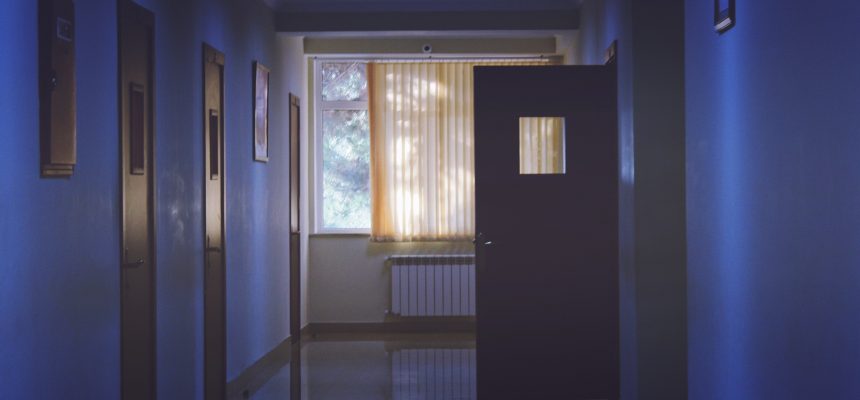NY Woman’s Scheduled Biopsy Results In Broken Teeth, Jaw
By Consumers For Quality Care, on October 7, 2019

When Lorraine Evans’ voice grew hoarse in late 2014, she had no idea what might be behind it. Evans had not been sick recently and had never been a smoker. After weeks of doctors’ appointments, she was referred to a voice disorder specialist at New York-Presbyterian Hospital. The City reports that the specialist told the 80-year-old Bronx resident that the hoarseness was due to a growth on her throat tissue, known as “right vocal fold mass.”
The physician said that the mass needed to be investigated further, so Evans booked a biopsy in early 2015. On the day of the biopsy, Evans arrived at the hospital at 7:30 in the morning and was put under anesthesia a few hours later.
Evans woke up about an hour later, in a hospital hallway — with blood streaming from her mouth, she told THE CITY.
The doctors told Evans that some of her teeth had fallen out during the procedure and they had called a hospital dentist to fix them. As a result of the complication, the scheduled biopsy never even happened.
“I was just dumbfounded,” the now 85-year-old said. “When I finally looked into the mirror, my whole top lip was so swollen.”
After four painful days at home, Evans went to visit Manhattan dentist Dr. Robert Reiss, who is a friend and former employer. Examining Evans’ mouth, Reiss discovered that five of her teeth had been “knocked out,” fracturing their roots. While New York-Presbyterian told Evans that a hospital doctor had “fixed” her teeth, Reiss says that the manner they had been stuck back together, using glue and wire, could only be described as “primitive.” Reiss spent two days trying to fix the issue before referring Evans to Dr. Burton Langer.
[A]n X-ray in Langer’s office revealed another problem, she recalled: “He said to me after they took the X-ray, ‘Don’t you know they broke your jaw?’”
Despite the trauma Presbyterian put Evans through, and the fact that the biopsy never even happened, the hospital charged Medicare more than $14,000; the plan paid more than $13,500 to the hospital.
“I couldn’t feel worse, knowing that they did that,” she said of her disappointment at the bill.
Evans wonders if the situation – her care, the treatment, and the bill – would have been different if she was someone else.
“They just probably see that I’m just some woman from The Bronx, and to hell with me,” she said.
Reiss says that over his nearly 60-year career in dentistry he has seen “persistent, biased culture” in the health care industry, which results lesser care for black patients. He agrees that Evans’ experience at the hospital would have been different if she was not a black elderly woman.
As Consumers for Quality Care has previously highlighted, research shows biases in health care exist and can cause disparities in consumers’ experiences and outcomes. A 2013 review of medical research on race and surgical outcomes found that the “vast majority” showed that black patients have higher rates of in-hospital complications and/or disease recurrence.
The experience has soured Evans. She says that her voice is still hoarse, and she can feel something in her throat. Still, she’s never returned to the hospital.
“It made me feel really bad, you know?” Evans said of her experience. “Because I have a decent family. And nobody ever went to jail. We all went to college and we went to school.
“Oh, my goodness,” she added. “They have no respect for whoever you are out here.”




